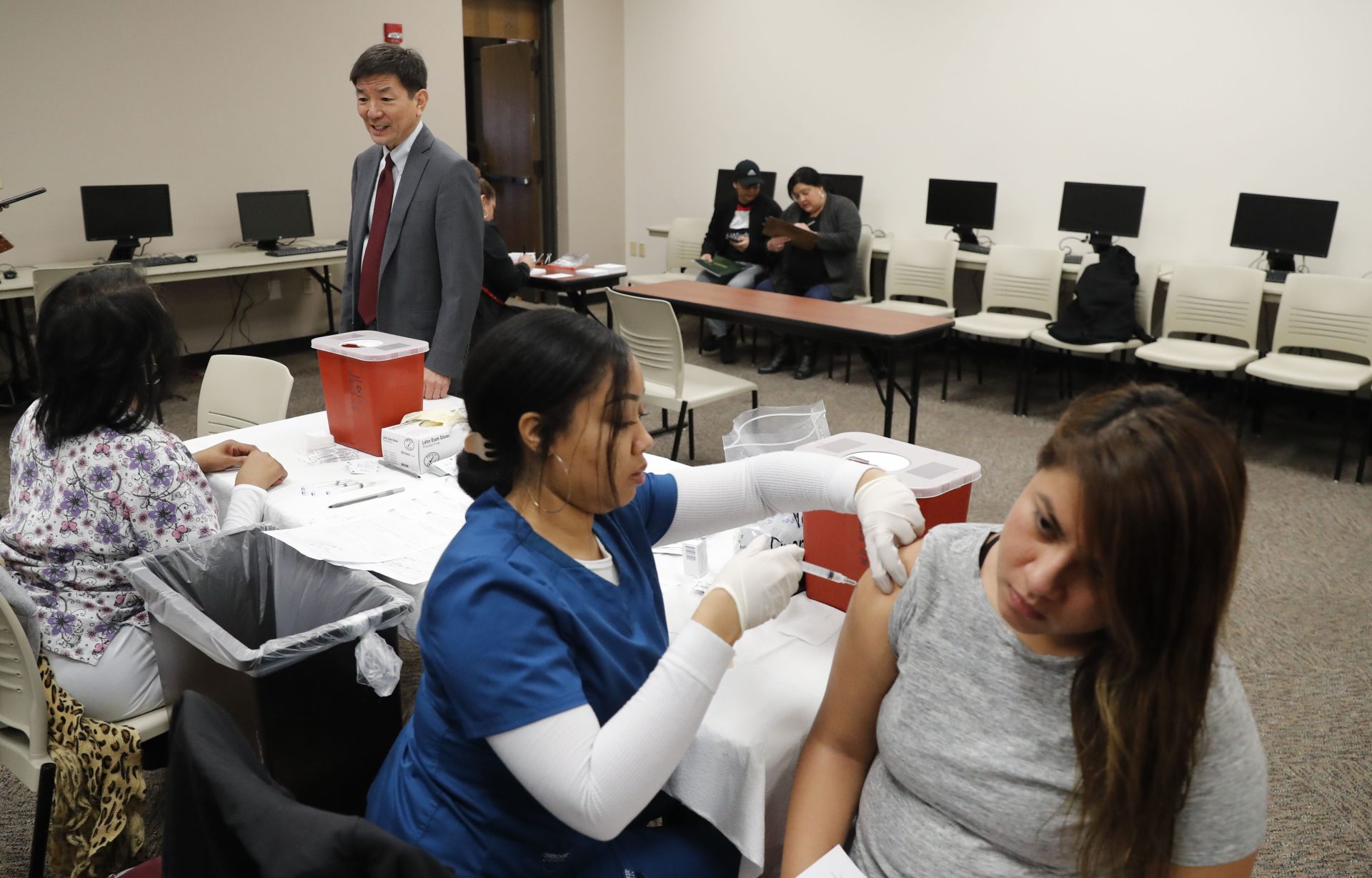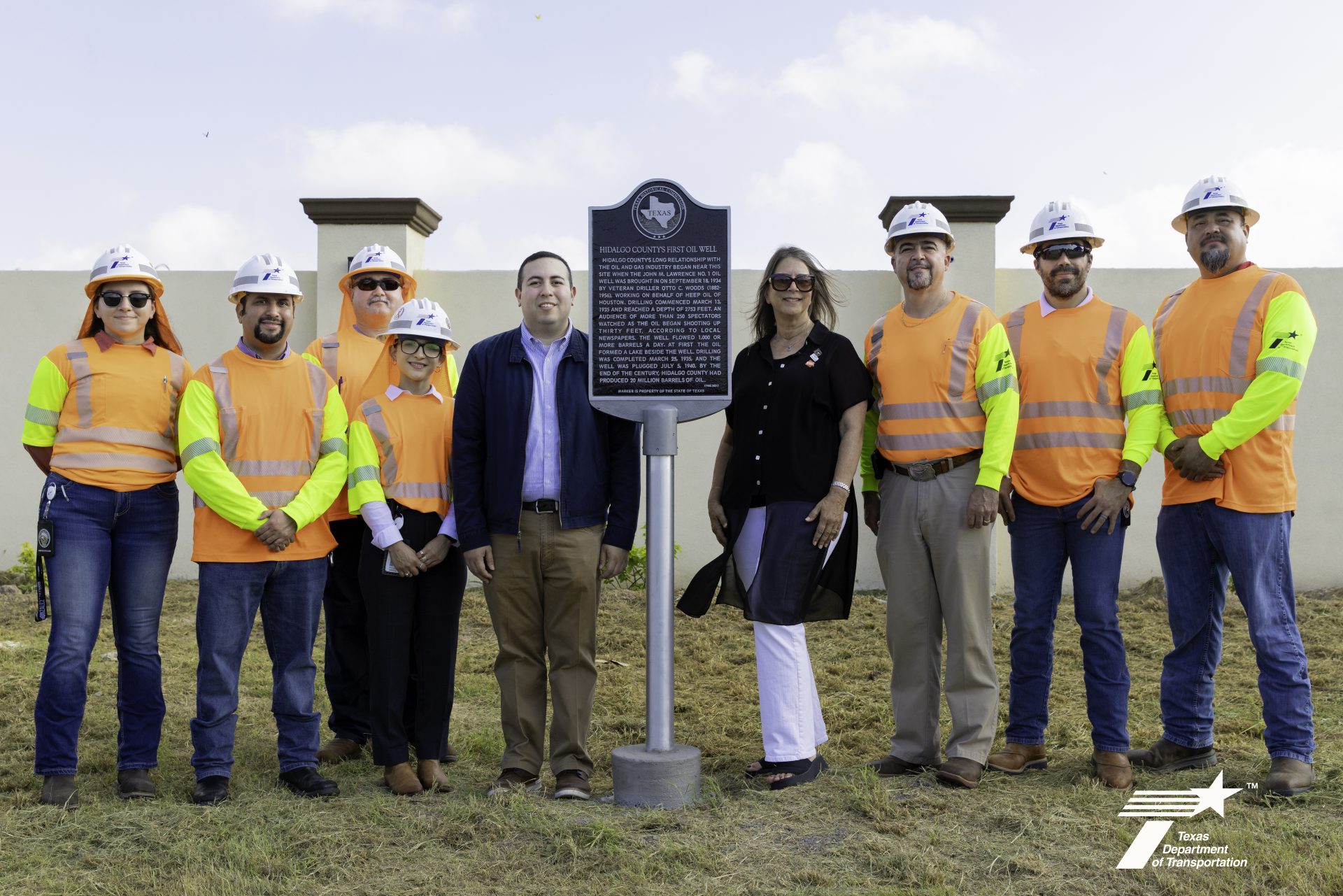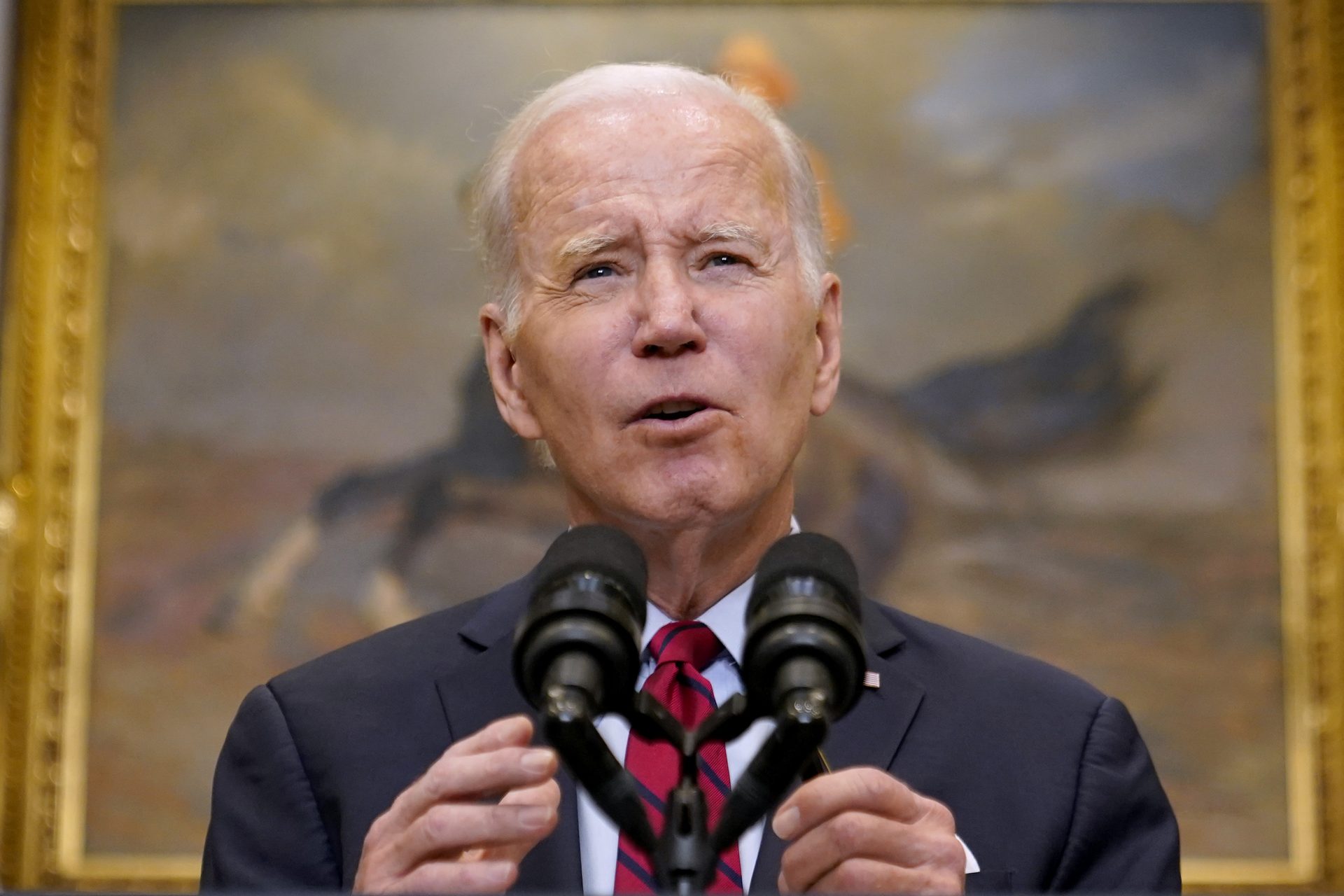EDINBURG, TEXAS – The College of Engineering & Computer Science is the fastest growing and most productive college at UT-Rio Grande Valley, says its dean.
Dr. Ala Qubbaj gave an update on college activities at CECS’s 2024 Convocation. He said one in seven students at UTRGV are part of CECS and, pro rata, its faculty bring in the most grants and research dollars.
“I’m happy to report that we have the largest freshman class ever, 1,128 students. It sounds exciting, but we are having challenges finding classes and space for them,” Qubbaj said.
“But that’s a good problem to have because I talk with other deans, and they tell me they are having problems fighting students. I don’t have that problem.”
Qubbaj said CECS has grown 75 percent in the last five years.
“We have over 5,000 students in this college. Can you believe it? Five thousand prospective engineers,” Qubbaj said, proudly.
That number is even more impressive when one considers that engineering classes at UTRGV only started back in the 1990s (at its predecessor, UT-Pan American), Qubbaj said. Before that state leaders would not give accreditation to UTPA for an undergraduate engineering program because, Qubbaj said, they did not think its students were smart enough to enter that profession.
“If we didn’t have a College of Engineering here, how many of those 5,000 students (would make it)? Maybe ten percent of them, maybe 15 percent? So, this is tremendous,” Qubbaj said.
UTRGV has grown to 34,000 students so CECS represents 15 percent, Qubbaj said.
“So, if you walk across our campus, one in each seven students is an engineer. You cannot find that in any other university.”
Another thing Qubbaj is excited about is the fact that 20 percent of the students within CECS are females.
“Actually, last semester, I had the president of the Society of Women Engineers (visit). When I told her we have 1,000 female engineering students, she was astonished. And, by the way, 20 percent are Latina. You know what’s the representation of Latinas is in engineering? One percent. We have 20 percent. So, this is amazing.”
Qubbaj says he gets asked, where does CECS find all these students. “I tell them, it’s easy. We bring over 20,000 kids to our campus during the year. When you engage with 20,000 (high school) kids, you can get over 1000 students. So, this is the secret.”
Qubbaj said CECS has a great relationship with Harlingen Collegiate High School, which has a track in engineering and computer science. He said similar schools in McAllen and Edinburg would help develop the pipeline.
Qubbaj said he is also proud of the partnerships CECS has developed with professional organizations. He mentioned the American Society of Civil Engineers, the Texas Society of Professional Engineers, and the Engineering Alumni Association. “I will tell you why I love these groups. Number one, they provide opportunities to our students, internships, mentoring. But also, they provide scholarships. They do fundraising and give scholarships to our students.”
Another exciting feature of CECS is the success of its students, not just locally or statewide, but on the national level. “These are students winning national awards,” Qubbaj said
Qubbaj said CECS is helping to turn its budding engineers into great leaders. “We want to prepare not only engineers. We want to prepare leaders. (Having) engineering skills are good, but we want (our students to have) the soft skills. So, we are the only college in the university, probably in Texas, that has developed an engineering student leadership academy thanks to the National Science Foundation to help the students develop their leadership skills.”
Qubbaj then played a video which had testimony from the students that are part of the NSF academy.
Qubbaj noted that the Society of Hispanic Professional Engineers created an academic institution of the year award. they want to recognize an institution not only for preparing Hispanics to be engineers, but leaders in engineering. And you know which institution received this award? Give yourself a big round of applause. You received this award,” Qubbaj said.
The reason CECS students are so successful, Qubbaj said, is the college’s faculty. He noted that Stanford University issues a list of the world’s top two percent of scientists. “We have three of them here, but nobody knows that in the Valley,” he said. The three are Dr. Karen Lozano, Dr. Wenjie Dong, and Dr. Dumitru Caruntu.
Qubbaj said CECS comprises ten percent of the faculty at UTRGV but picks up 40 percent of the university’s awards. “That tells you how much work is being done,” he said. “(We have had) 117 (grant) proposals submitted from our college. Can you imagine all this work done by 74 tenured track faculty? Sixty-six out of those 74 have submitted proposals, 90% of our faculty.”
As a result of more grant money coming in, CECS is about to launch the Center for Aerospace Research, Qubbaj said. “All the students come, and they tell me, we want to work in SpaceX, can we do any research?” Now they will be able to, he said.
One of the most exciting things to happen at CECS, Qubbaj said, has been the opportunity to provide a PhD in engineering program. It is a PhD in Material Science & Engineering.
“We started engineering in the 90s and have been doing undergraduate degrees. Our students didn’t have a chance to do a PhD in engineering. They had to go to Austin, to San Antonio. So, starting last year, we started our first PhD program in the college, the first PhD in Engineering at the Rio Grande Valley. Nobody was offering a PhD in Engineering in the RGV. There are people offering an undergraduate (degree), but not a PhD,” Qubbaj said.
“When we went before the (Texas Higher Education) Coordinating Board, we expected ten students. We have 29 students in that PhD.”
Of these 29, over half of them are women and Latinas, Qubbaj said. “I told you the number of women in engineering is 15 percent, this is undergraduate. PhDs, it is like five or six percent. Latinas, it is less than one percent. So, this is amazing.”
And, Qubbaj said, CECS is about to start another PhD program. It is the PhD in Computer Science with Interdisciplinary Applications.
This will mean 52 PhD students within the college, Qubbaj said. “This is history for our college.”
Qubbaj added: “We have the fastest growing college. We have ten percent of our university faculty. We have 90 percent of our tenured track faculty submitting proposals. I mentioned that 5,000 out of 34,000 students (at UTRGV are CECS students). We are teaching 15 percent of university students. We are generating 18 percent of the university research expenditure, and we are receiving 40 percent of the UTRGV awards. Guess what? The new faculty and all of you, we are also the most productive college. Congratulations.”
Editor’s Note: Here is an audio recording of everything Dr. Ala Qubbaj said at the UTRGV CECS 2024 Convocation:
Editor’s Note: Here is a video interview the Rio Grande Guardian conducted with Dr. Ala Qubbaj at the conclusion of the CECS 2024 Convocation:
The post Qubbaj lauds national success of UTRGV College of Engineering & Computer Science appeared first on Rio Grande Guardian.
 (2).png)
 2 weeks ago
38
2 weeks ago
38









 English (US)
English (US)